While we tend not to think of worst case scenarios, it is important that we are prepared for them. Natural disasters are inherently unpredictable, and it is up to individuals and organizations to be prepared when disaster strikes. Unfortunately, we may not be as prepared as we would like to think. According to the National […]
Category: Medical Tablets
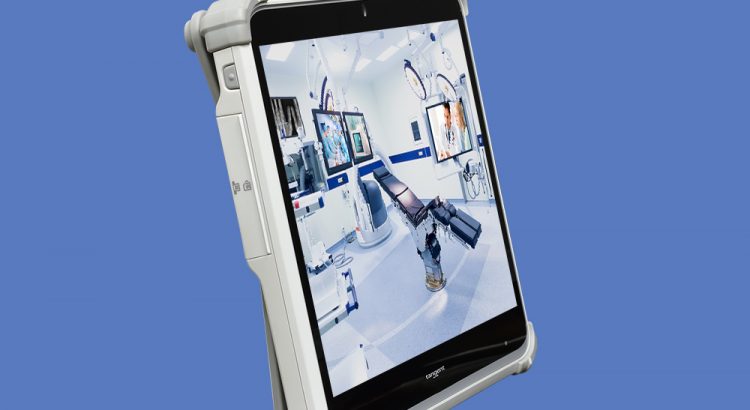
Medical All-In-One PCs
Tangent’s medical all-in-one PCs are built for 24/7 use in the hospital setting. Our line of medical all-in-one PCs are highly customizable to fit your workplace needs, and are designed with physician and patient safety and hygiene in mind. IP65 Sealed and Protected Tangent’s medical all-in-one PCs like the Medix T24B are IP65 certified […]
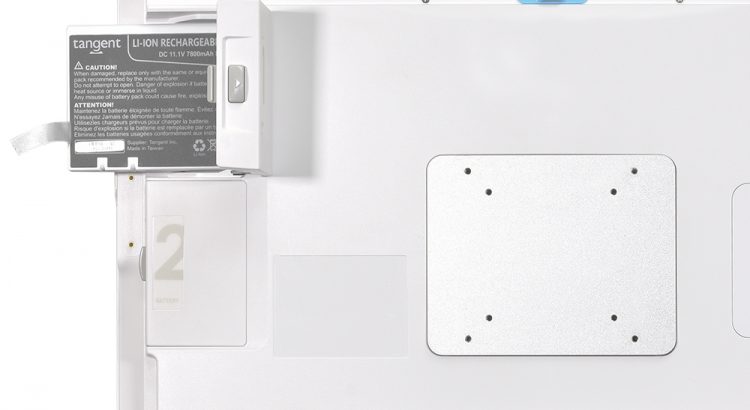
Medical PC: Customizable for Your Healthcare Needs
While All-In-One PCs do feature the capabilities of a PC, keyboard, mouse, and monitor in one convenient package, there’s always more room to fit in a few more features. At Tangent, our Medical PCs are built to be customized, having multiple options to fit your hospital’s unique needs. These customization options make medical PCs from […]
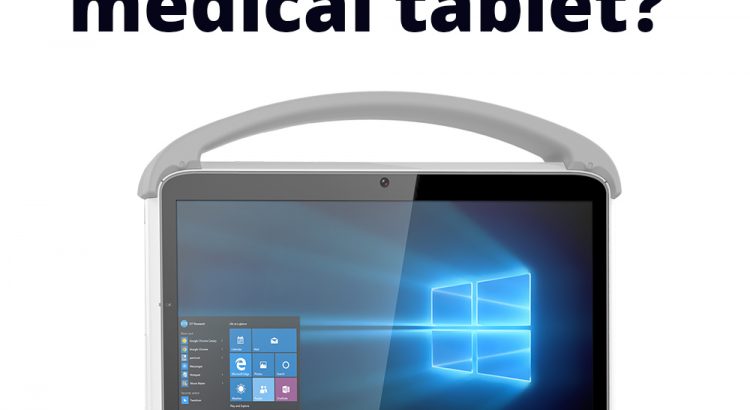
What is a Medical Tablet ?
As hospitals increasingly computerize their workstations, the use of paper records has dropped considerably. While the introduction of computers in the hospital space has drastically increased their efficiency, the mobility of information that physical paper records entailed was nearly lost. This is where Medical Tablets found their niche, offering the same benefits as medical PCS […]
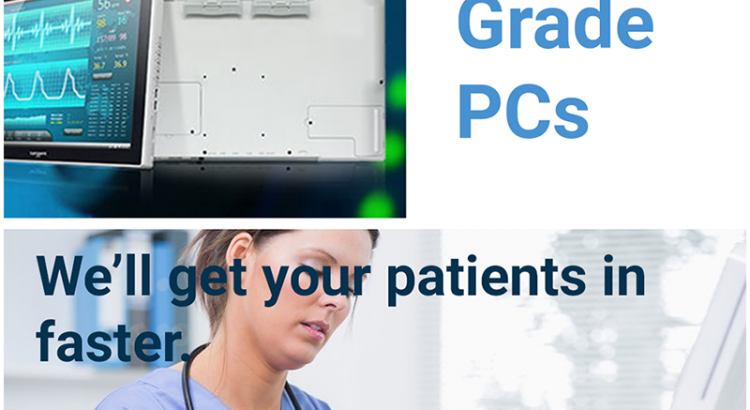
Medical Grade PC for Hospital Performance and Efficiency
The introduction of computers in the workplace has made a litany of everyday tasks more manageable and efficient. Nowhere else is this as clearly seen than in the medical setting. Computers in hospitals have evolved from being simple filing systems to being fully integrated and specialized tools that are indispensable to everyday operations. These computers […]

What is a Medical Grade Computer?
A medical grade computer meets regulatory guidelines including CE, FCC class A and/or B, UL60601-1 and EN60601-1, and CDC guidelines
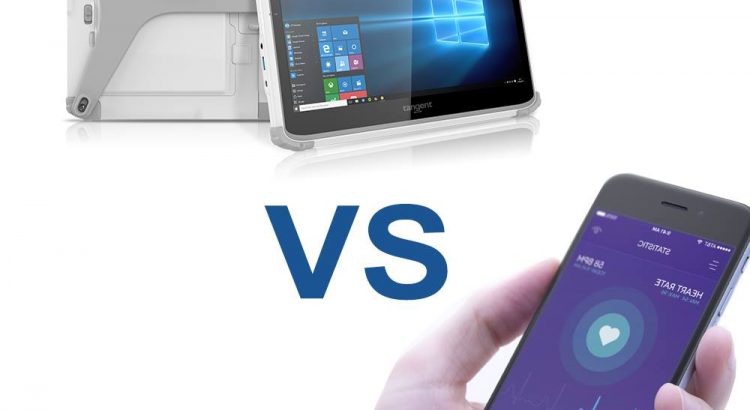
Mobile Phone vs Medical Tablet: What’s Best in Healthcare?
Technology you encounter at hospitals can be a tad confusing or funny at times. You see million dollar state-of-the-art scanners and treatment machines, but then you also see a doctor walk by with a 90s style pager clipped to their pocket. The reason for this is that they both suit their purpose best. The […]
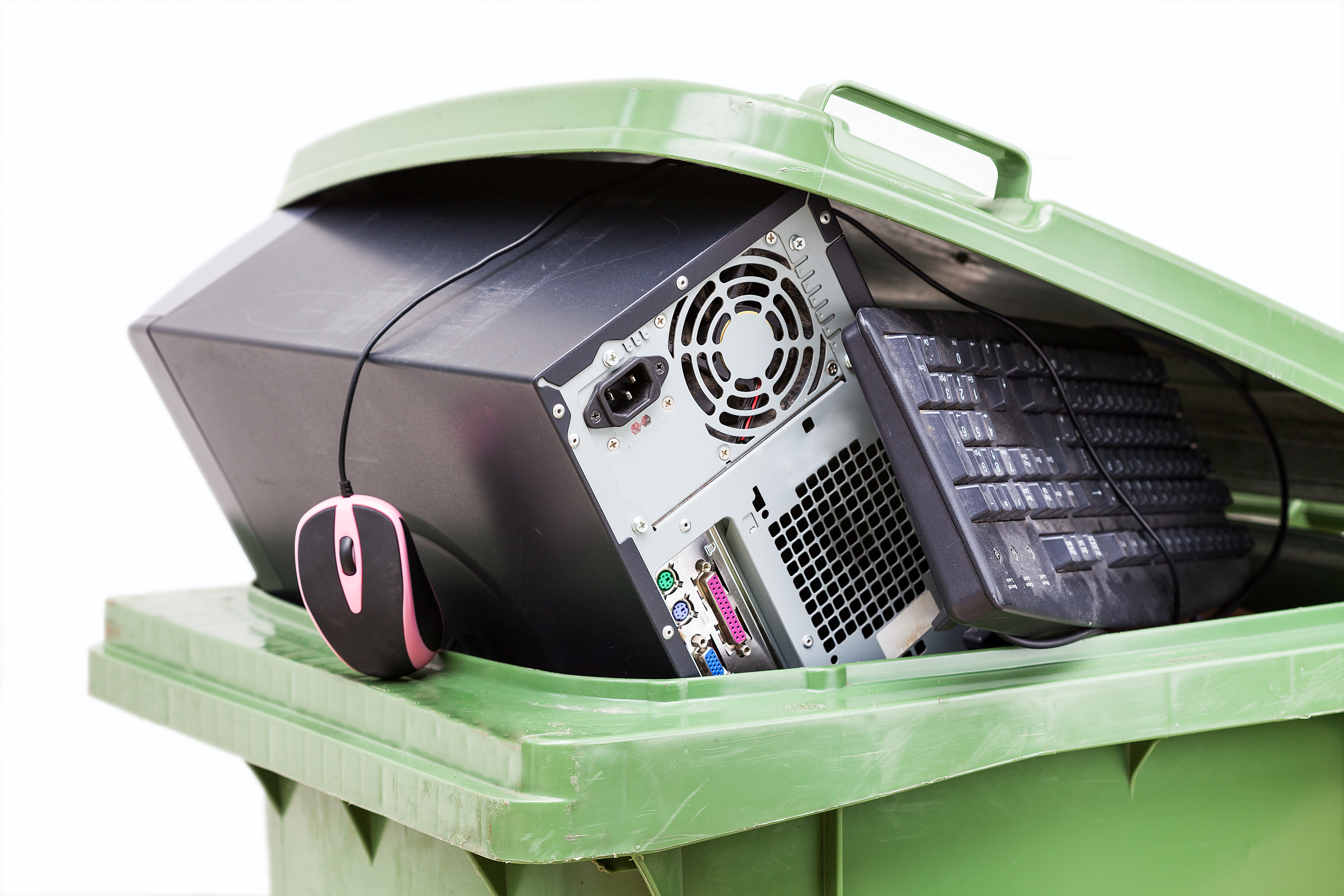
Toss the Mouse and Keyboard, the Future is Touchscreen
Toss the Mouse and Keyboard, the Future is Touchscreen We are truly living in the age of touchscreen technology. According to eMarketer, 2.4 billion people were using smartphones worldwide in 2017, and 1.2 billion people were using tablet devices. The adoption figures are projected to increase even more over the coming years. An entire generation […]
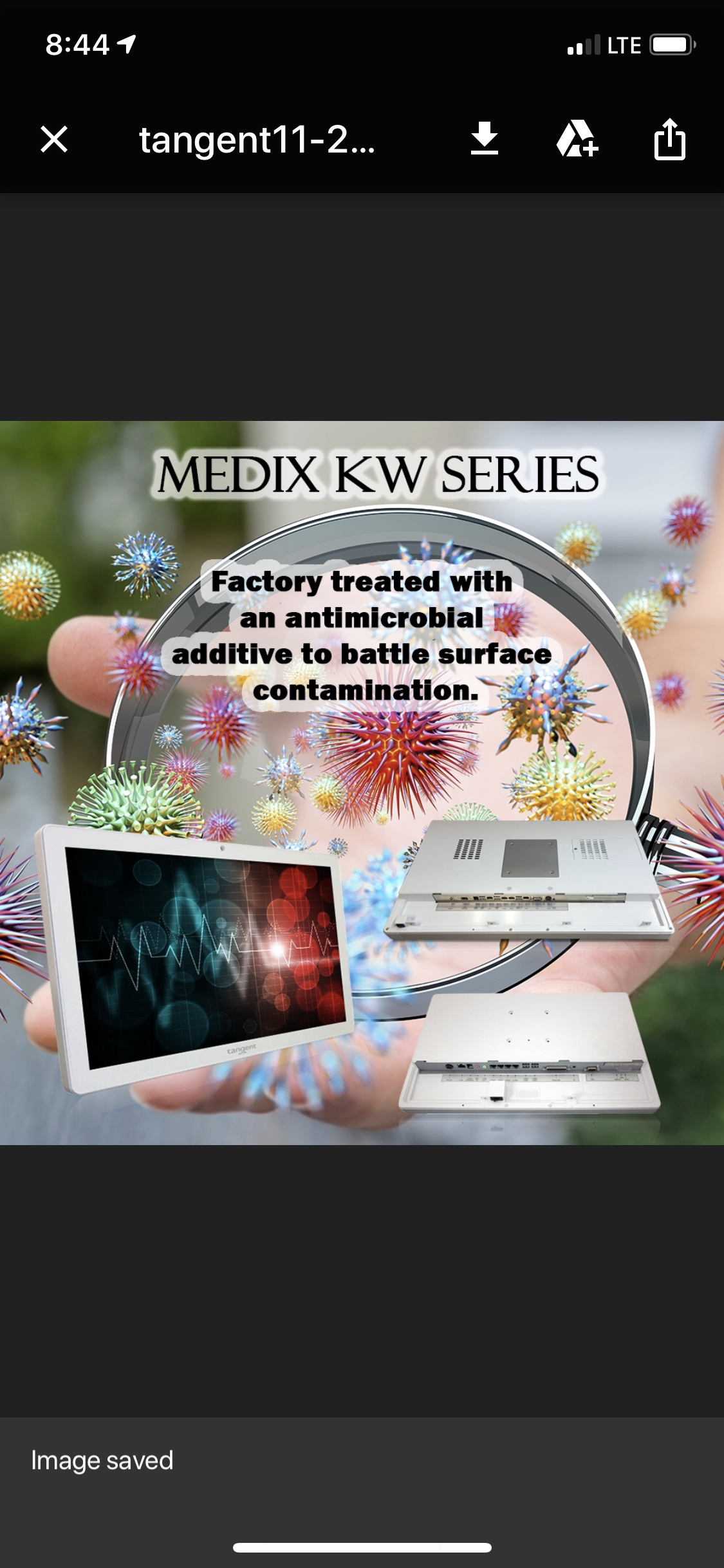
Medical Tablets for Sanitation
Medical Tablets: Handheld and Sanitary Computer Solutions People tend to forget that public computers and touchscreens are prime breeding grounds for bacteria and infection. Just this week, a study done by a British newspaper, Metro, announced that they found gut and fecal bacteria on the touchscreen computers in all eight of the McDonald’s […]
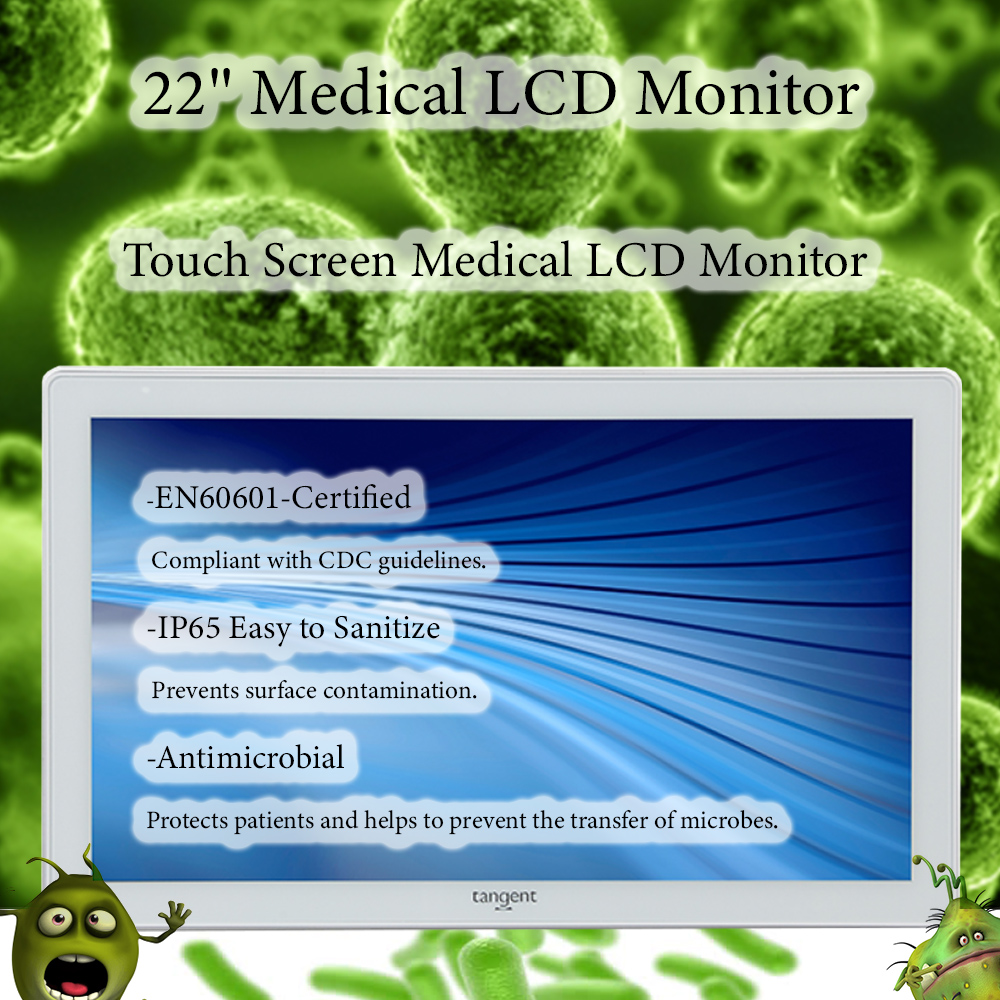
Invisible Threats
Invisible Threats Hospital equipment often is advertised as being antimicrobial, but how is it possible for a LCD monitor or tablet computer to ward off pathogens in a medical setting without being wiped down with disinfectants all the time? It seems odd for a collection of plastics and wires to promote any sort of health […]
